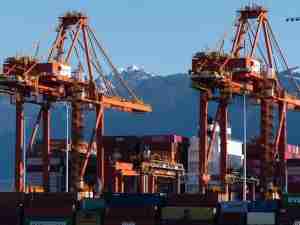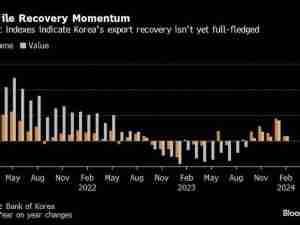China will impose tariffs of more than 200% on Australian wine for five years, formalizing curbs that have been in place for months amid an increasingly fraught relationship with Canberra.
Imports of Australian wine products will incur anti-dumping levies of between 116.2% and 218.4% with effect from March 28, the Chinese commerce ministry said in a final ruling Friday. Duties on Treasury Wine Estates, Australia’s largest listed winemaker best known for its Penfolds brand, are set at 175.6%.
The top commodities buyer introduced the interim tariffs in November after it launched investigations into Australian wine, claiming that the product had been subsidized and sold under market value. That’s been rejected by the industry body and the Australian government, who said it could challenge Beijing at the World Trade Organization similar to the action taken on barley.
“I believe we will recommend that we go to the WTO,” Australian Grape & Wine Inc. Chief Executive Tony Battaglene said Friday before the release of the final tariff announcement. “Quite clearly, barley’s gone, and we don’t believe we have a case to answer, so it’s logical for us to go down that route.”
The latest move comes after almost a full year of one-sided trade reprisals volleyed by China at Australia that has hit a range of commodities from coal to beef and lobster. Ties have frayed since 2018, when Canberra barred Huawei Technologies Co. from building its 5G network, and went into freefall last year as leaders called for an independent probe into the origins of the coronavirus pandemic that first emerged in Wuhan city.
While the final ruling from China also featured an anti-subsidy tariff of 6.3% to 6.4%, the ministry decided not to impose it in addition to the anti-dumping duties to avoid double taxation.
China was the top buyer of Australian wine before the tariffs, spending close to $1 billion in 2019 and accounting for 40% of winemakers’ shipments from Down Under. The duties imposed in November effectively shut access to its most prized market, though strong European sales countered the slump to China.







